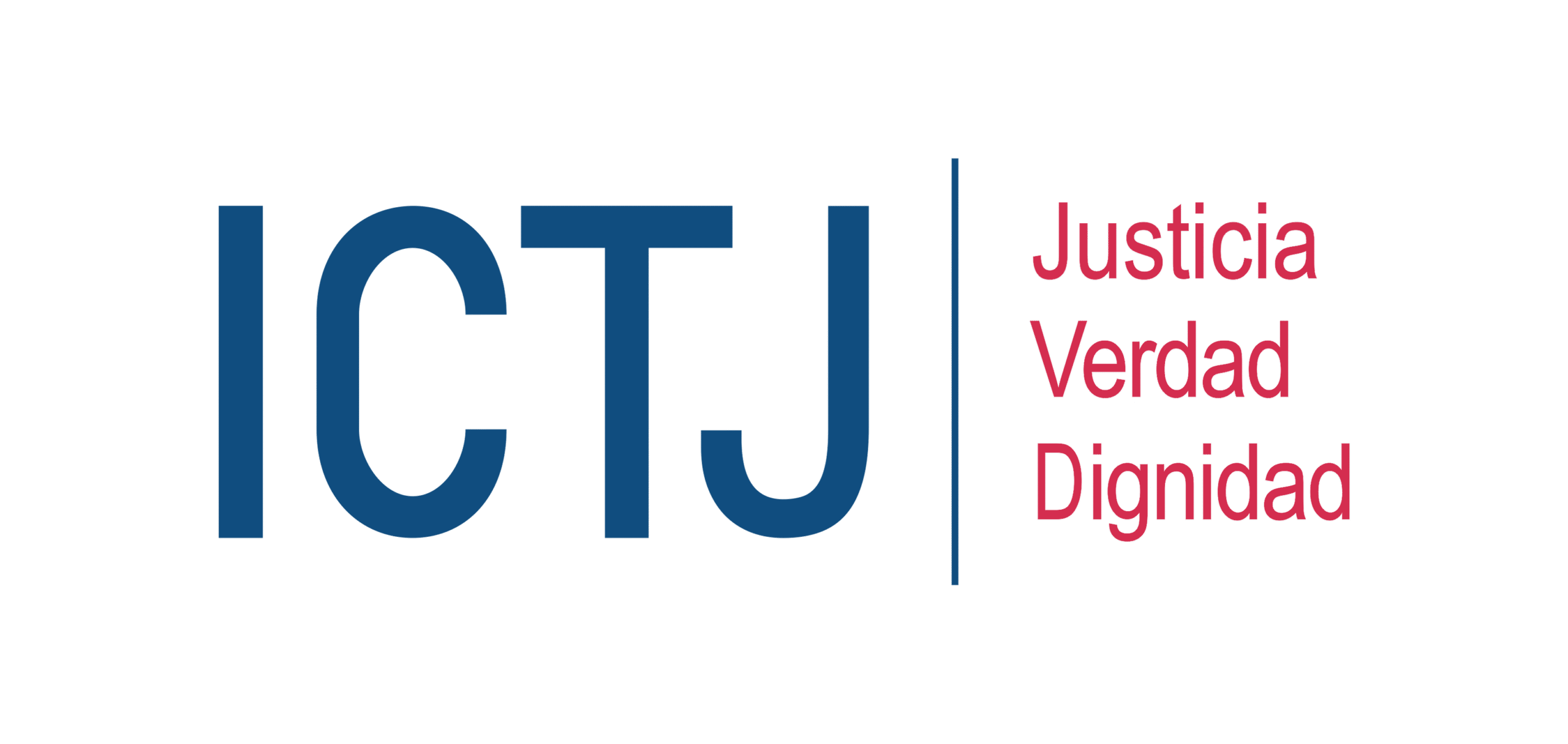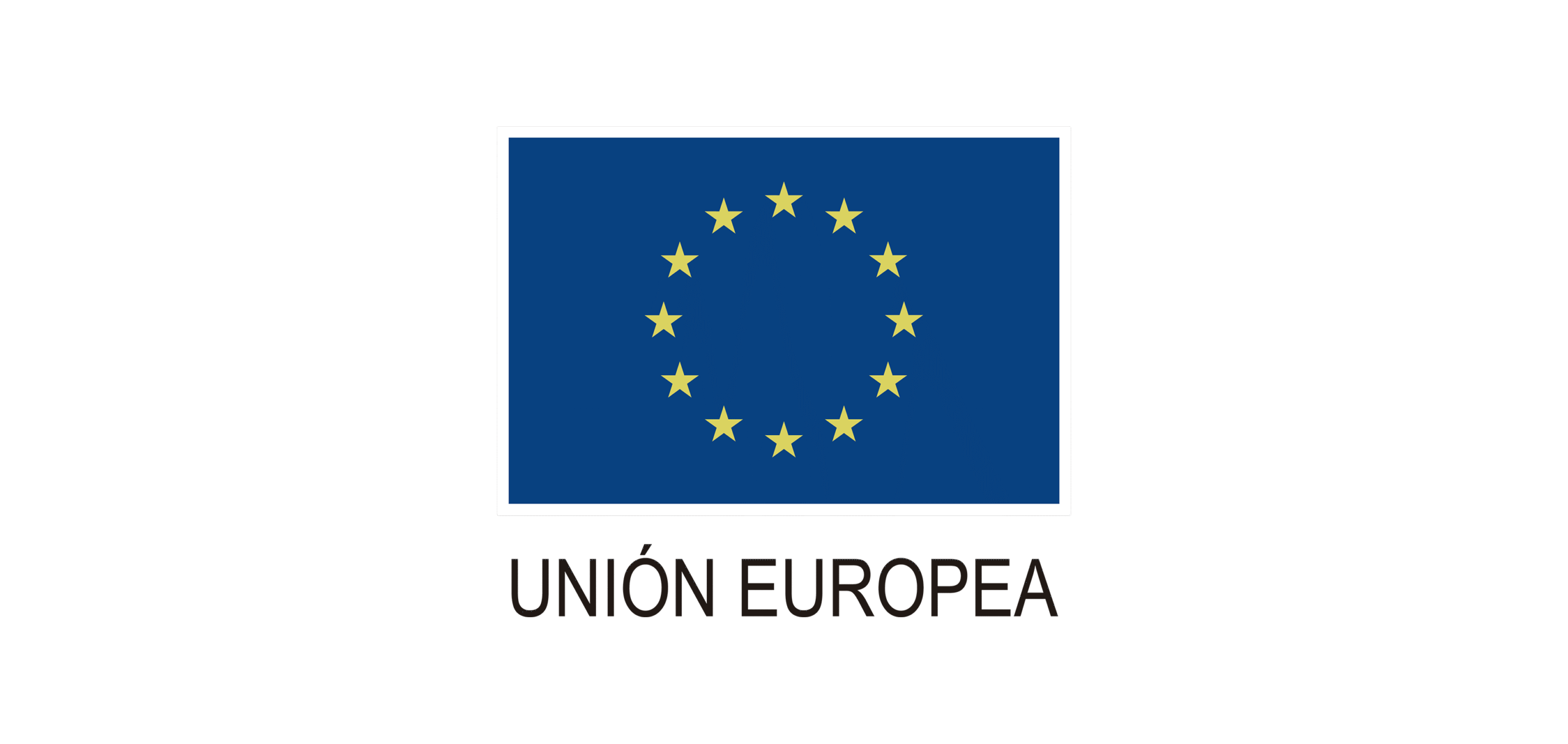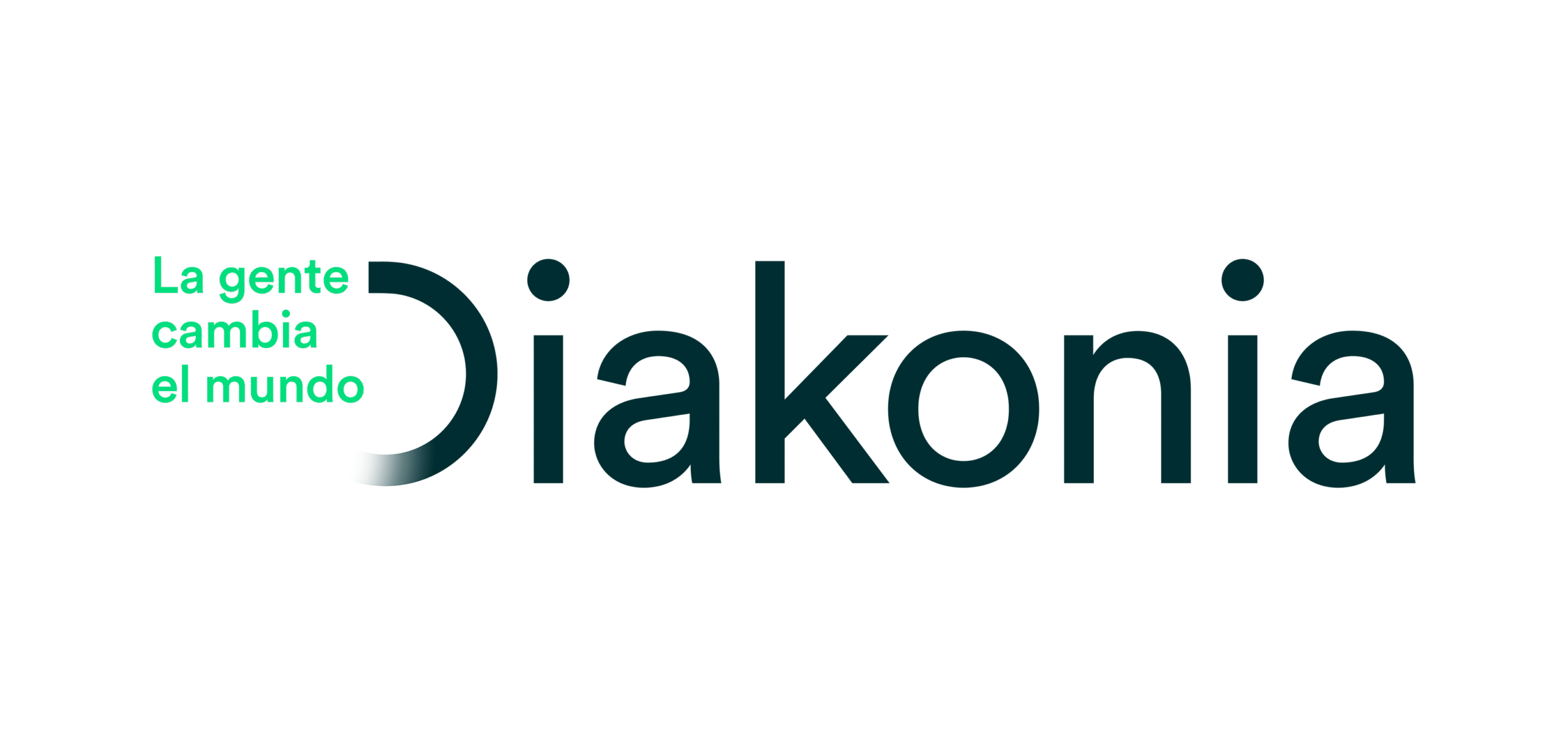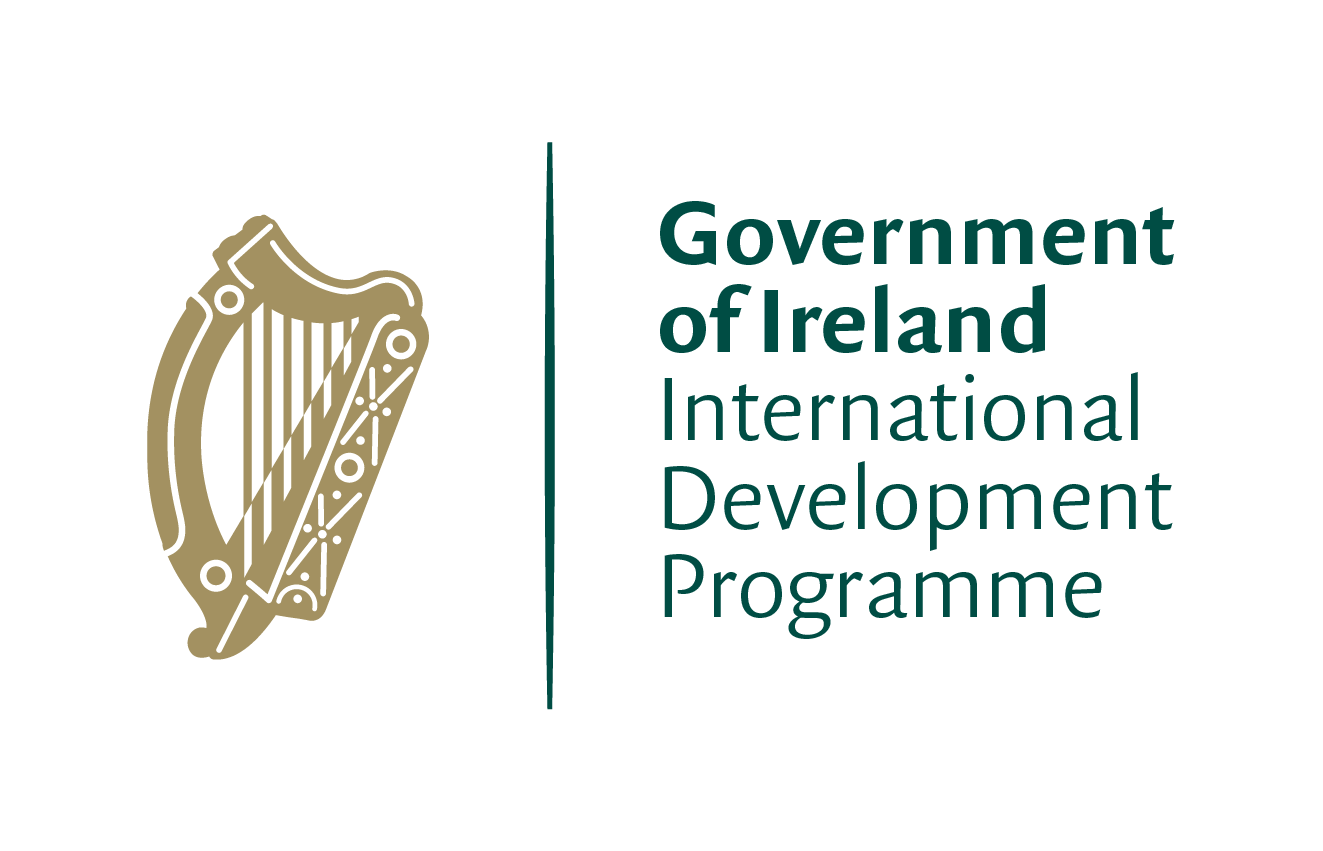Paola* is a young minor who identifies as a trans woman and who, with the help of her mother, decided to correct the sex component of her birth certificate. That is, it would no longer indicate M (for masculine) but F (for feminine).
Getting her document to reflect her gender identity became an ordeal after the entities in charge of this process refused her request, stating that she had to be over 18 years of age to make the change.
Faced with this refusal, Paola and her mother decided to fight for their rights and filed a tutela, which was unsuccessful at first and second instance.
Thus, the Constitutional Court chose the case. In the midst of this process Colombia Diverse intervened in order to provide legal arguments to the Court to protect the child's fundamental rights, pointing out that in this case, as in the case of any transgender child, the child's fundamental rights must be protected.
"(...) the applicant's life project requires that in her identity documents the sex component corresponds to the identity construction she has made".
After taking into account this consideration, among others, decided to grant Paola the possibility to change the gender component of her identity card in her particular case.However, it also issued an order to the Superintendence of Notaries and Registry to inform the country's notaries about this ruling and the possibility for trans children to modify their sex component in their documents, and that for this, among other conditions, it must verify the existence of informed consent.
It is worth noting that this is the second time that the Court has protected the rights of a minor trans person and that it reiterates "the right to free development of the personality" of this population, recalling that they have "... the right to free development of the personality" of this population.the right to recognition of its own uniqueness and the requirement to establish its own identity in the eyes of itself and othersand adding that this necessarily requires that, according to each person's gender identity, he or she has the "...".legitimate power to determine the externalisation of his or her way of being, according to his or her innermost convictions".
Click here for the full Constitutional Court ruling on this case.
*Name changed to protect the identity of the minor girl.







